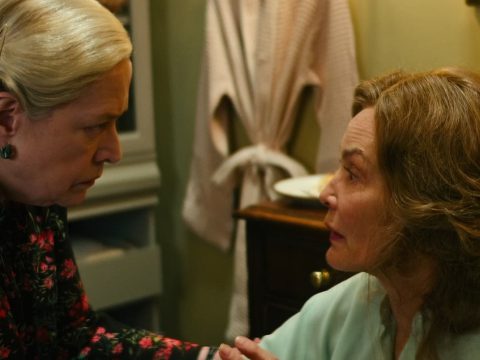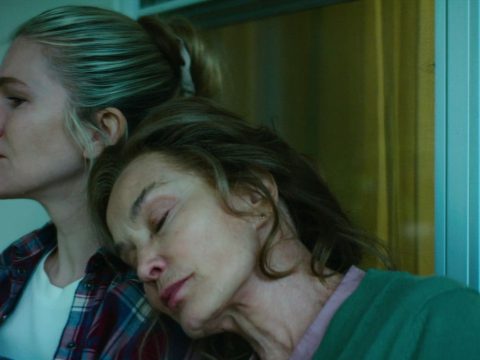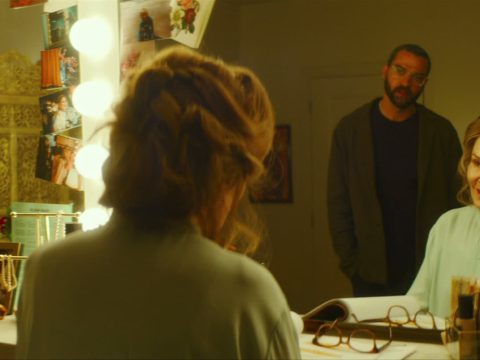The Great Lillian Hall
Jessica Lange portrays a much-loved theater actress in the film “The Great Lillian Hall.” Lillian Hall begins to show signs of dementia during rehearsals of the Chekhov play in which she stars. As Lillian Hall accepts this next phase in life, she reflects upon her life and begins to regret some of it. Ongoing with the personal aspect of the film is the show’s Producer, who is ready to replace Lillian with the understudy, much to the chagrin of the Director and audience.
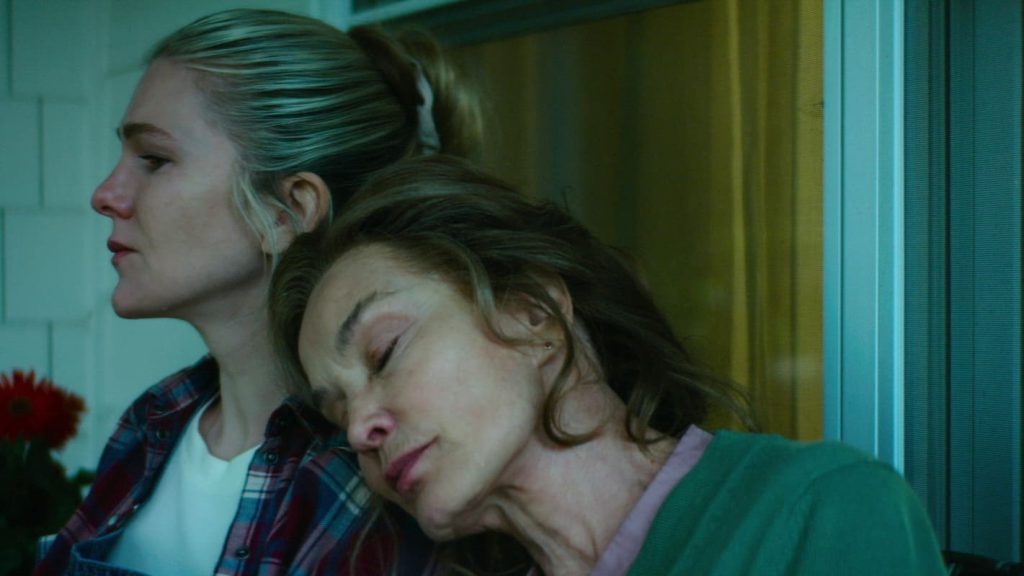
© − All right reserved.
Lily Rabe (Tender Bar) plays the daughter, who is the cause of much regret for Lillian and herself. Kathy Bates has a minor role as Lillian’s long-time assistant. Both excellent in their roles.
Jessica Lange is flawless in this role. Pain, doubt, regret, and fear are easily seen in her performance, especially in her expressions. The film avoids melodrama and keeps the attention focused on Lillian’s struggles. For a movie about dementia, the ending is satisfying and happy.
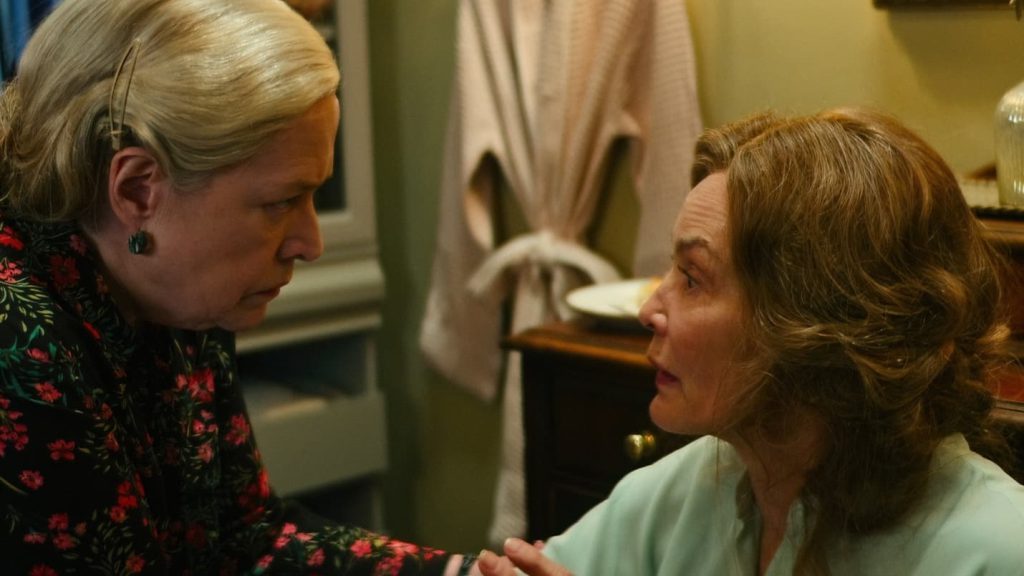
© − All right reserved.
Dementia is a syndrome of with many neurodegenerative diseases. Characterized by a general decline in cognitive abilities that impacts a person’s ability to perform everyday activities. This typically involves problems with memory, thinking, behavior, and motor control. Aside from memory impairment and a disruption in thought patterns. The most common symptoms of dementia include emotional problems, difficulties with language, and decreased motivation. The symptoms are described as occurring in a continuum over several stages.

